Pancreatic cancer RNA vaccine shows durable T cell immunity

Memorial Sloan Kettering Cancer Center researchers have found RNA neoantigen vaccines that generate long-lived, functional CD8+ T cells in patients with pancreatic ductal adenocarcinoma (PDAC), potentially delaying disease recurrence.
Researchers advance non-invasive cancer detection methods
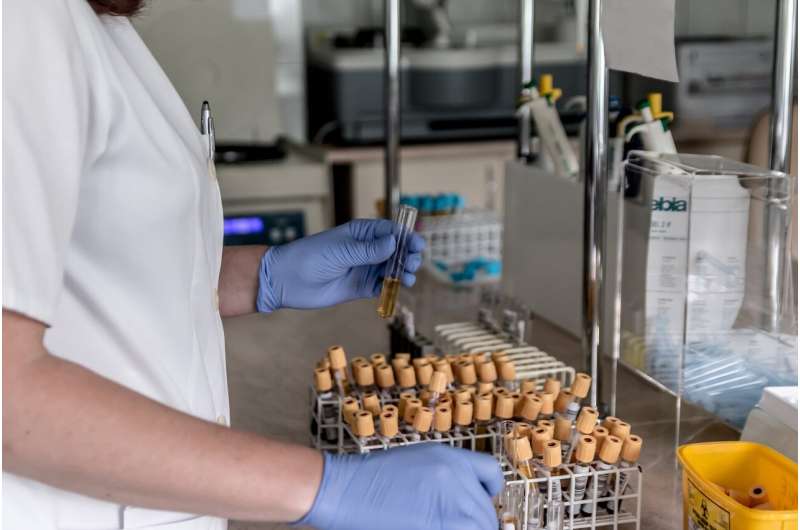
Researchers at Vilnius University have developed an effective approach to liquid biopsy that contributes to the field of non-invasive cancer detection methods, with significant implications for personalized medicine.
Study indicates that exercise can help colon cancer survivors live as long as matched individuals

Physical activity may help colon cancer survivors achieve long-term survival rates similar to those of people in the general population, according to a study published in Cancer.
A protein from tiny tardigrades may help cancer patients tolerate radiation therapy
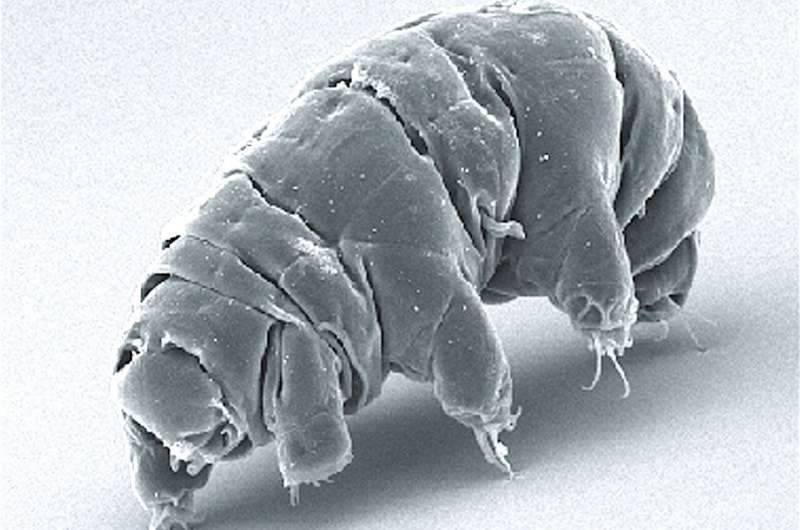
About 60% of all cancer patients in the United States receive radiation therapy as part of their treatment. However, this radiation can have severe side effects that often end up being too difficult for patients to tolerate.
Cancerous breast tissue glows in new AI-enhanced MRI images
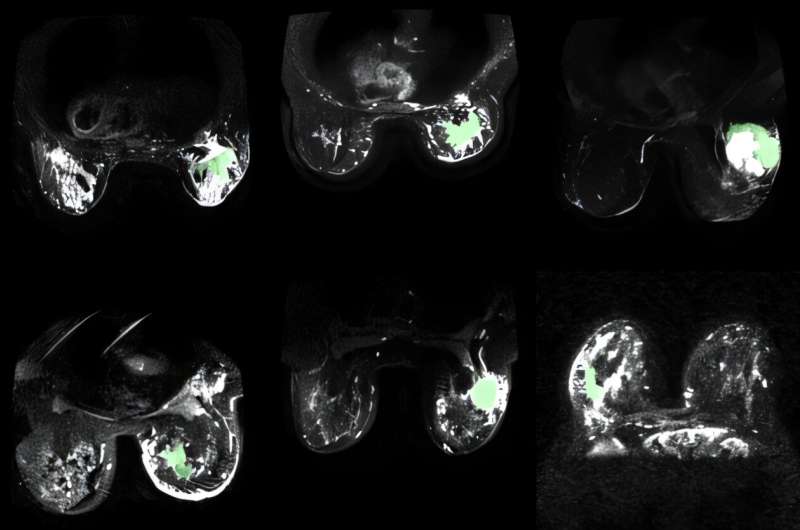
Imaging technology developed and refined at the University of Waterloo promises better detection and treatment of breast cancer by more accurately pinpointing cancerous tissue.
Glioblastoma treatment strategy reprograms cancer cells, halting tumor growth
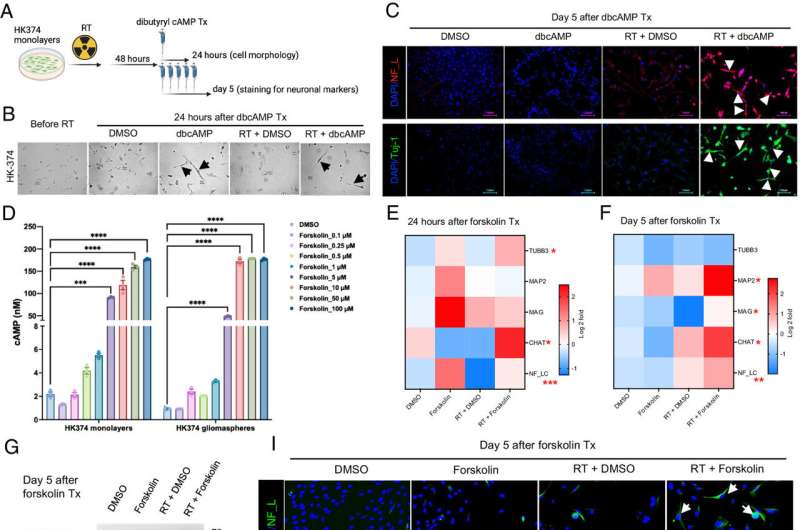
UCLA scientists have identified a potential new strategy for treating glioblastoma, the deadliest form of brain cancer, by reprogramming aggressive cancer cells into harmless ones.
Innovative CT scan technique could improve prognosis and treatments for head and neck cancers

Cancers occurring in the mouth, nose, and throat are on the rise in the U.S., especially in younger people. About 60,000 new cases are diagnosed every year, with one in five cases occurring in people younger than 55, according to the American Cancer Society. A new study provides insights that may eventually help oncologists better predict how the disease will respond to certain therapies, leading to improved survival outcomes for patients.
Combining protein therapy and focused ultrasound therapy can improve cancer treatment
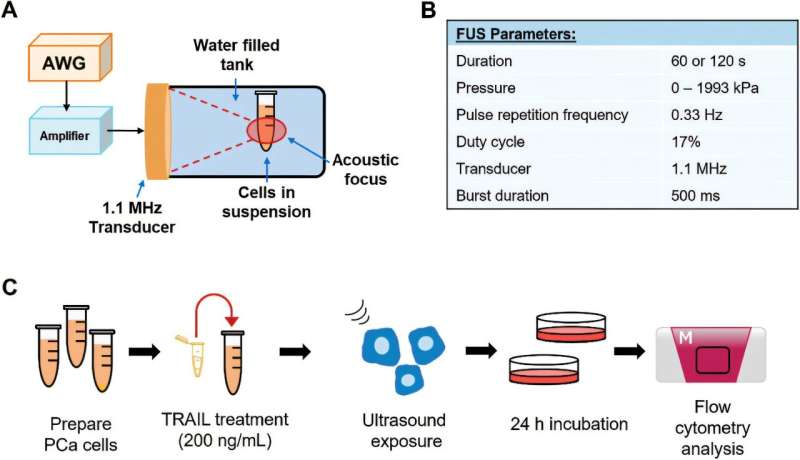
Combining an existing small-molecule protein therapy called tumor necrosis factor related apoptosis-inducing ligand (TRAIL) with focused ultrasound (FUS) can significantly reduce tumor size and burden in prostate cancer models, according to a new study published in Advanced Science by researchers at Rice University and Vanderbilt University.
Packing lipid nanoparticles with tumor proteins to boost cancer vaccine potency

The concept of using vaccines to treat cancers has been around for several decades.
Dysfunctional B cells: A novel target for cancer immunotherapy and diagnostics
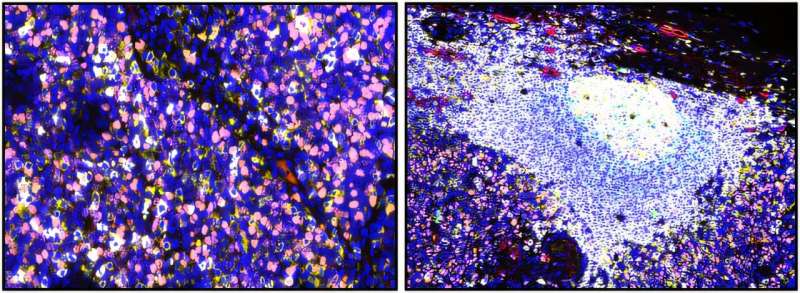
University of Pittsburgh School of Medicine and UPMC Hillman Cancer Center scientists have discovered a novel subset of cancer-fighting immune cells that reside outside of their normal neighborhood—known as the tertiary lymphoid structure—where they become frustratingly dysfunctional when in close contact with tumors.
Scientists identify feature of aggressive non-small cell lung cancer
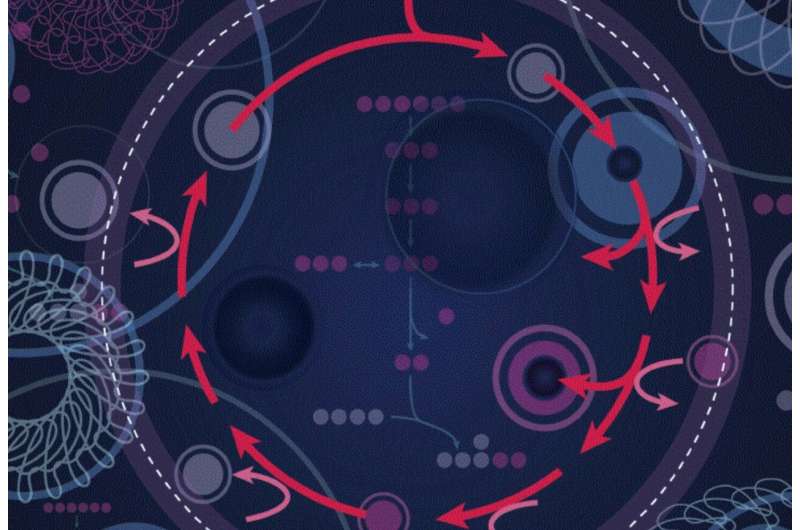
In localized non-small cell lung cancer (NSCLC), a tumor’s ability to use carbon from glucose to feed the tricarboxylic acid (TCA) cycle predicts cancer spread beyond the lung, months to years before metastases are clinically apparent.
Scientists uncover method to halt key driver of prostate and other cancers

Melbourne-based scientists have, for the first time, discovered how to “switch off” a molecule which is one of the top culprits behind prostate cancer, and is also linked to lung and kidney cancers.






